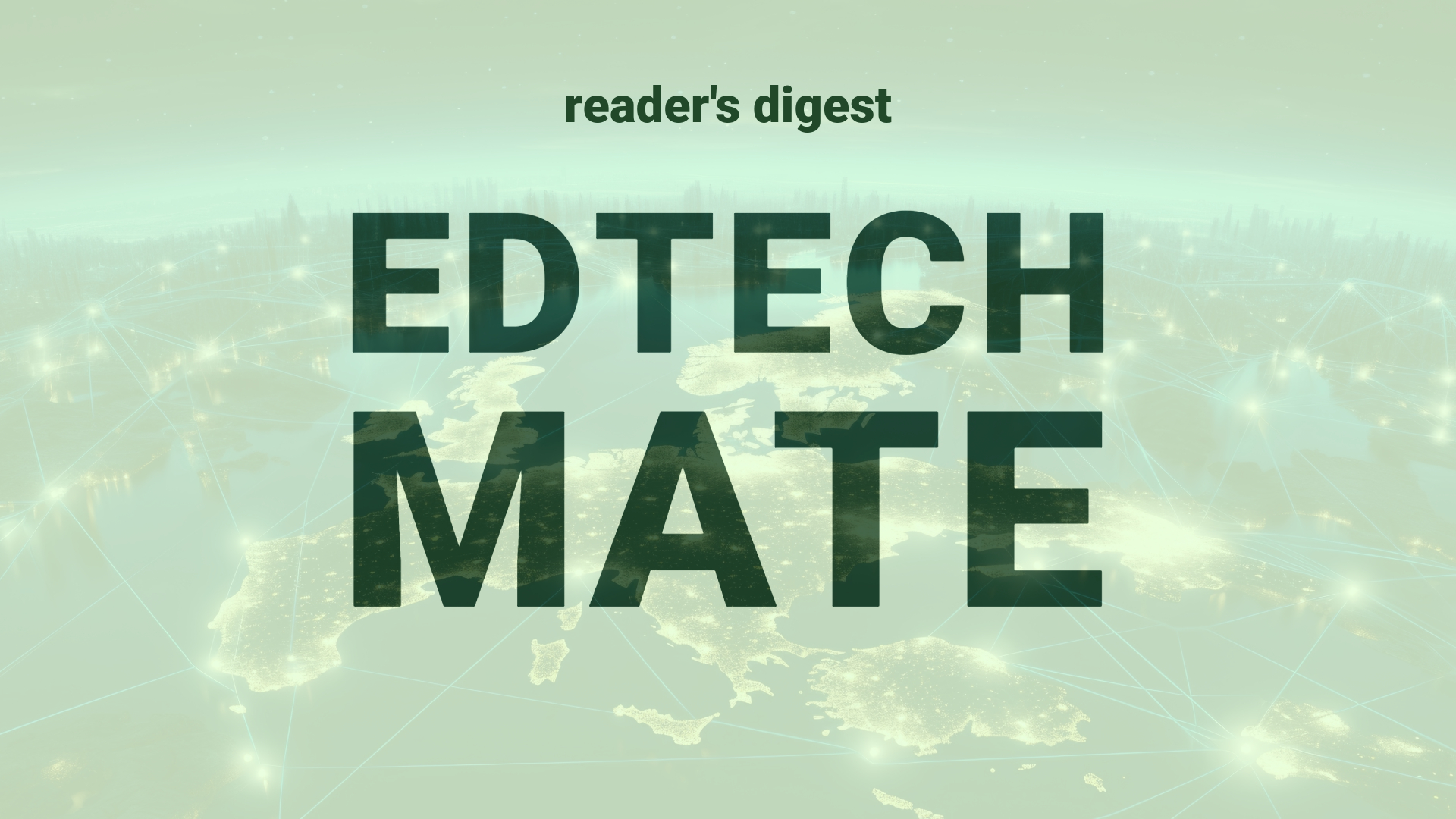“`html
Executive Summary and Main Points
The content sheds light on the nuanced experiences of PhD students, presenting key insights into the academic journey. It introduces tips aimed at navigating the highly political and emotionally taxing environment of academia. Striking points include treating the PhD as a structured job, understanding the pervasive influence of politics in academic settings, the necessity of ‘zooming out’ from a narrow focus, the importance of enjoying the research process, and a staunch stance against tolerating bullying. These points are reflective of a broader education narrative emphasizing resilience, efficiency, and well-being.
Potential Impact in the Education Sector
The insights can influence the education sector by fostering an awareness of the need for structured routines (akin to a 9-5 job) for PhD students, potentially impacting curriculum design and support services in Higher Education. Awareness of politics highlights a need for transparent and fair resource allocation and mentoring in academia. The concept of ‘zooming out’ could be instrumental in enhancing interdisciplinary studies and broadening the scope of Further Education. Lastly, addressing the issue of bullying could lead to the development of more robust support networks and policies. These insights could also shape Micro-credentials by influencing their content and delivery methods to ensure they are grounded in a supportive and realistic understanding of the academic ecosystem.
Potential Applicability in the Education Sector
Applications include implementing AI-powered digital tools that support PhD students in managing their time and well-being, mimicking structured job routines. AI could also help in quickly identifying academic politics and resource struggles, providing dashboards or indicators for students and faculties to navigate this landscape transparently. Additionally, digital platforms could enable PhD students to ‘zoom out’ by connecting them to wider, interdisciplinary communities outside their narrow research focus. Such platforms could also serve as supportive spaces to discuss and resolve experiences of bullying, potentially using AI mediation tools.
Criticism and Potential Shortfalls
Criticism may arise from a too simplistic view of PhD experiences, as treating a PhD like a regular job may overlook the intrinsic passion-driven research efforts. The heavy focus on politics might not equally apply across institutions globally, and cultural differences in handling bullying in academia may mean a one-size-fits-all approach is infeasible. Ethical considerations must be addressed when applying AI-based solutions, especially concerning surveillance or data privacy in academic settings. Moreover, the importance of publications and grants, though seemingly a narrow focus, is a critical component of the current academic success framework and may not be easily dismissible.
Actionable Recommendations
Practical ways to implement these technologies include developing AI-based productivity and mental health apps tailored for PhD students, promoting work-life balance. Establishing a global digital mentorship platform can help navigate political challenges and provide a support network against bullying. Partnerships with industry experts can introduce real-world perspectives to PhD students, combatting the ‘insulated’ academic mindset. Lastly, international education leadership should foster policy reform based on these insights, advocating for fair practices and support systems for PhD students across global education systems.
“`

